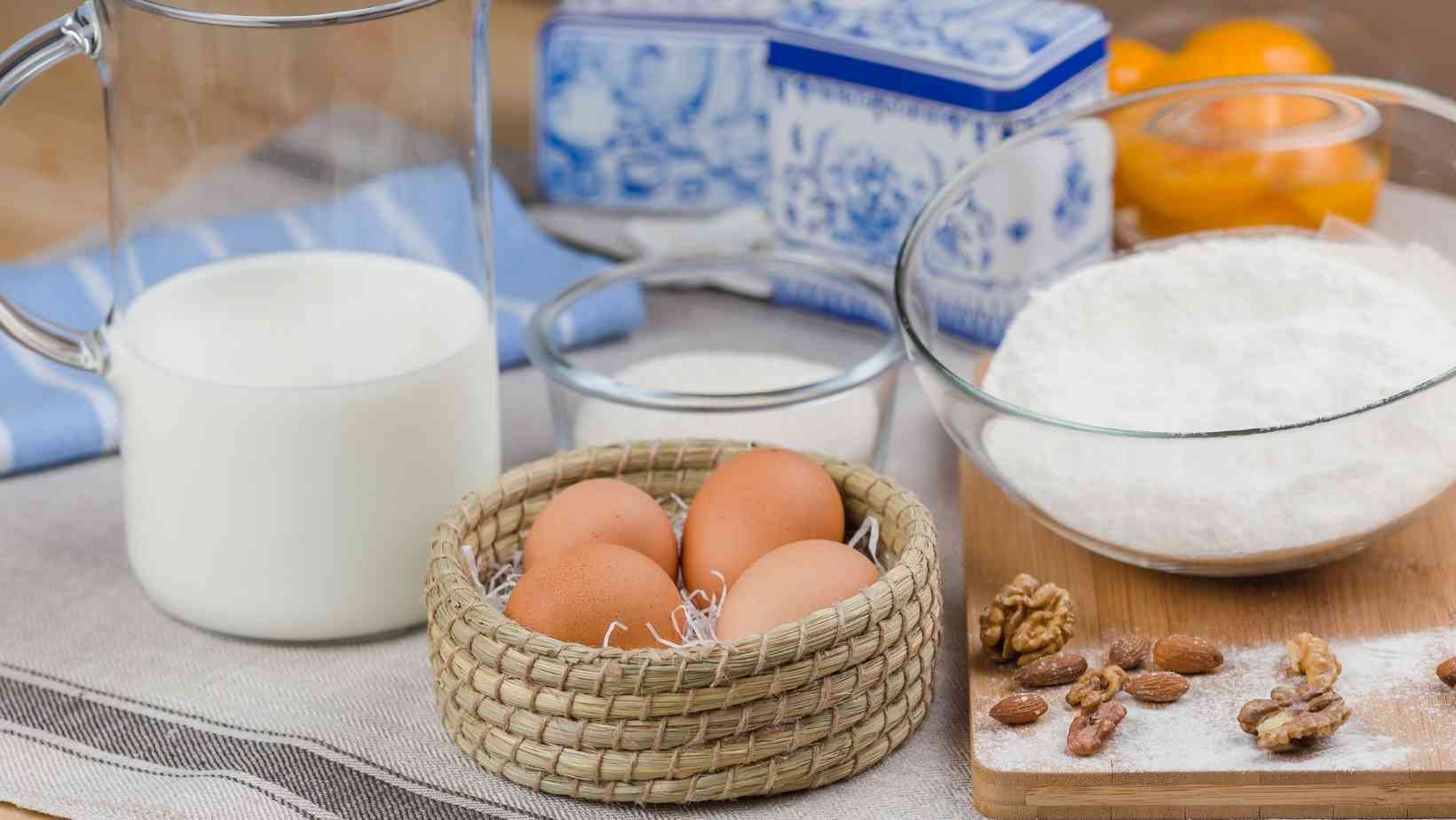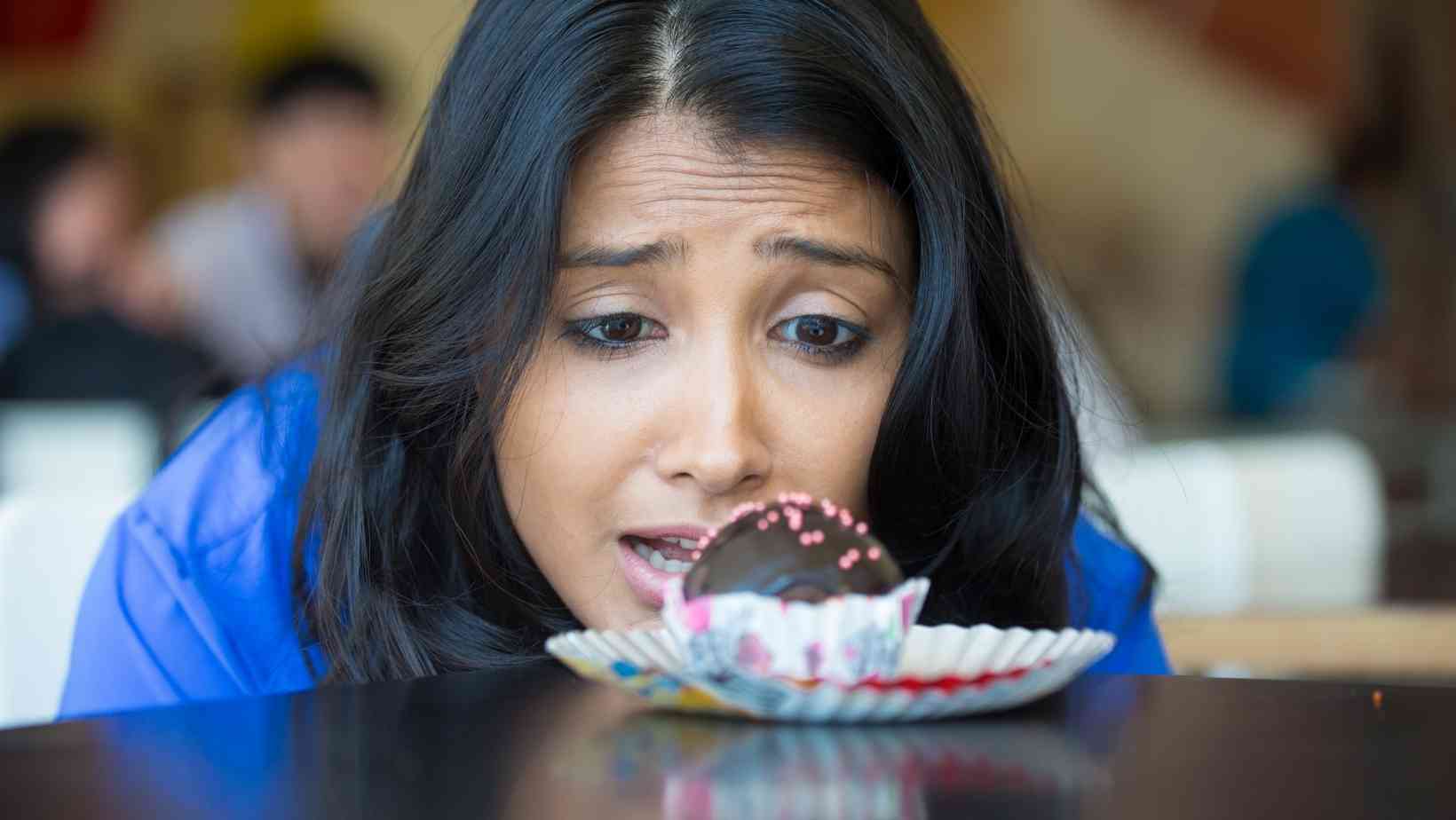Dr. Gott has been a practicing physician for 40 years, and his syndicated medical advice column, "Ask Dr. Gott," publishes daily in over 350 newspapers throughout the country. Dr. Gott invented the "no sugar, no flour" idea after many of his patients and readers requested him for a simple, efficient weight-loss strategy, and a book was produced.

Why are you on this diet?
Dr. Gott claims that his strategy is straightforward and affordable, needing no special equipment, pre-packaged meals, or calorie tracking. What is the procedure? Getting rid of grain and sugar is all it takes. "Without making any additional modifications to your diet, eliminating wheat and added sugar from your diet minimizes the number of calories you consume," Dr. Gott tells Lifescript. When you cut off sugar, you have to say goodbye to high-calorie confectionery and ice cream. By avoiding the second no-no, flour, you may avoid foods like pizza, spaghetti, and baked goods, which are all high in calories and poor in nutrients.
Why Are Flour and Sugar So Harmful?
- Carbohydrates are necessary for our survival. The body transforms the carbs we consume into glucose before using them as fuel.
- Sugar and flour, for example, are rapidly turned into glucose — much too easily. When you consume them, your bloodstream is flooded with glucose, giving you a "sugar high." The glucose then exits your body just as rapidly as it came in. You collapse and feel as tired and hungry as you did before eating. Fortunately, this approach does not need adherents to eliminate all carbs, just those that induce a blood sugar surge. Fruit, for example, is classified as a simple carbohydrate but includes a hidden ingredient: fiber. Fiber slows digestion and lowers glucose absorption, reducing the risk of a sugar high and subsequent fall.
As a result, fruit is not only acceptable on the diet, but it is also required.
What, on the other hand, should you avoid? According to Dr. Gott's regimen, you should avoid all flours, including wheat, rice, and maize. Additions of sugar should also be avoided. Sugar may be found in a variety of forms, including cane juice, sucrose, high fructose corn syrup, maple syrup, honey, and molasses. Note that added sugar, which may be found in foods like cookies and cakes, is not the same as natural sugar, which can be found in fruits and milk and is permitted on the diet.
What You Can Consume
The following is a sample list of foods that Dr. Gott recommends:

Rice, oats, potatoes, and maize are examples of starches and grains.
Beans, nuts, seeds, and peas are examples of legumes.
- Fish, chicken, lean pork chops, and extra-lean ground beef are some of the meat options.
- Eggs, low-fat yogurt, low-fat milk, and low-fat cheese are all dairy products.
- Olive oil and sunflower oil are good fats.
- Fruits
- Vegetables
Just because you're not eating wheat or sugar doesn't imply you can eat everything you want. After all, missing the cookies in favor of buttered mashed potatoes isn't going to help you lose weight or improve your health. That's why the diet promotes a healthy mix of carbs, proteins, and lipids in addition to avoiding bread and sugar. Dr. Gott recommends mentally dividing your dish into four halves. "Lean protein should account for one-fourth of the plate, whole grains or starchy vegetables for another quarter, and non-starchy veggies or a mix of non-starchy vegetables and fresh fruit for the other half." What about the problem of obesity? The book does not prohibit it, but it does highlight the importance of eating the correct foods. Healthy fats and minimal levels of saturated fats may be found in olive oil, almonds, avocados, and low-fat dairy.
Cravings
Dr. Gott offers a variety of diet-friendly alternatives to your favorite meals. He recommends a loaf made with sprouted wheat berries, sprouting rye, or sprouted barley instead of regular bread. If you can't get pasta out of your mind, try polenta with tomato sauce on top.
Most individuals don't mind giving up wheat since their regimen offers carbs like rice, beans, and potatoes.

If you're craving something sweet, go for fresh fruit; the riper it is, the higher the concentration of natural sugars. Fruit sweeteners, which are prepared from concentrated fruit juice, are recommended by Dr. Gott for baking. Try Splenda if you can't live without a sweetener in your morning coffee. "In moderation, sugar alternatives are harmless," he explains. Even those with a sweet craving will be astonished at how simple it is to skip dessert. Dr. Gott states, "Many patients remark that they don't even want sweets anymore."
Cheat days
However, no one can live without bread and sugar forever, and even Dr. Gott admits to having a Ben & Jerry's desire again and then. The key, he explains, is to eat in moderation while keeping an eye on your weight. "Let's assume you need to drop twenty pounds and only lose 10. You may have a little amount of sugar. Cut it out again if your weight begins to creep back up or you stop losing weight." The beauty of this diet is that it boils down to just paying attention to your body. Remove all wheat and sugar from your diet when you truly need to reduce weight and tighten up. If you're less concerned about losing weight, though, feel free to indulge a bit. "This isn't a fad diet," Dr. Gott explains. "Rather, it's a set of recommendations for healthier alternatives."
What's on the menu?
An example two-week eating plan is included in the book, as well as recipes for each meal of the day. Follow the timetable to the letter, partly or completely. You're still following the diet requirements as long as you keep away from grain and sugar. Dr. Gott suggests that you try at least one of the recipes. He claims that "many readers are shocked by how good a no-sugar, no-flour dish can taste." Entrees like Curried Lentils with Butternut Squash and sweets like Peach and Blueberry Crisp are among the recipes.
The Reward
More than a dress size is lost when bread and sugar are replaced with fresh, nutrient-dense foods. You'll have more energy, better health, and a higher quality of life. "Not only does this diet have a physical impact, but it also has an emotional consequence," Dr. Gott explains.




